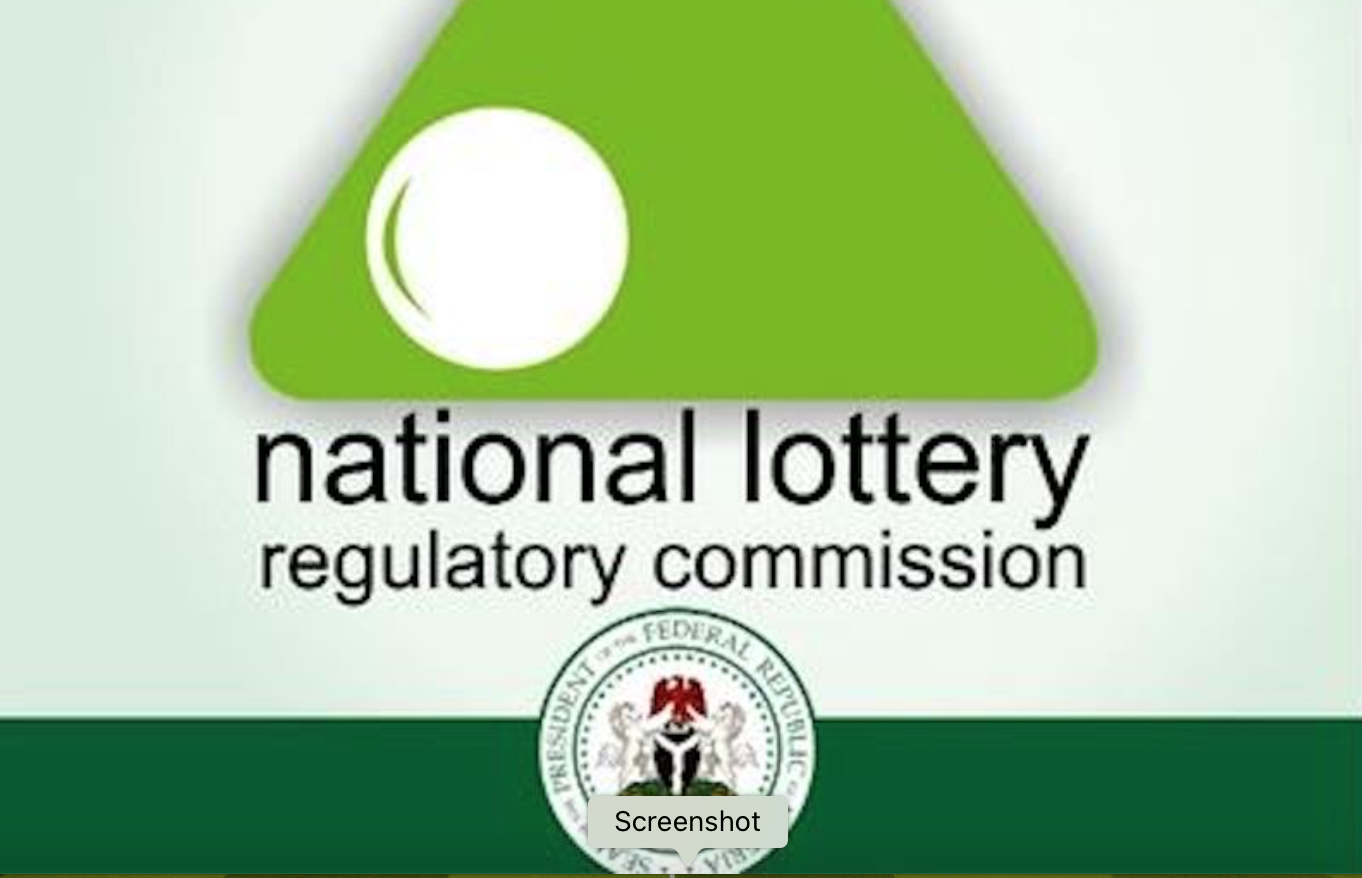Writing on the NITDA Bill on September 1, this year, this writer concluded aphoristically: This particular Bill is outrageous and annoyingly duplicitous, a grotesque mirror image of the original already in existence. The National Assembly should be wary of all contraptions that come in the name of Bill, including this ostentatious manifestation of ignorance, arrogance and avarice. The only place for the Bill is the trash which should be heading to the incinerator, after which the ashes should be blown in the wind, as a lasting evidential ignominy and escort for those who don’t mean well for our nation.
As it is now, the NITDA Bill didn’t go to the trash, not even to talk of the incinerator. All that use of words to evoke an immediate response from the relevant authorities, seems more of an academic odyssey which means little for the swine destroying gold in the mud. The irony of that conclusion is only now playing out on the writer who is being schooled very rudely that the National Assembly has no time for rigorous examination of documents that ordinarily should die at birth.
Or how else does one explain that on a day (December 23, 2022) that most Nigerians were confused about Christmas that was only two days away, no food on the table, nobody is talking about the usual seasonal festivities, people stranded at the motor parks, unable to afford the transportation that has shot beyond the moon, more so because of fuel scarcity, when people were shouting at the airports as the N120, 000 one way ticket from Lagos to the east was an overkill, on a day the pall of mass burial in Kaduna was hanging ignominiously over the nation, the National Assembly members sneaked into their sanctum to give a surreptitious approval to a most annoying bill minted by stealth manipulators, whose pipe dream is to rule the industry forever.
Mind you, the deaths in Kaduna were no matters of urgent national importance, the poverty in the land even at this time that people are supposed to have a little fun is not their headache, not even the attack on INEC offices across the nation. Instead some members of the National Assembly are in a satanic league with some people deprived of good reasoning, who harbour the baloney that getting into a government office is an opportunity to hold that office in perpetuity through surrogates and all kinds of misfits.
As the Senate and the House of Representatives Committee on ICT and Cyber Security hurriedly scrambled together a Public Hearing on that bleak Friday morning, to transmogrify the National Information Technology Development Agency Act No.28, 2002, to the National Information Technology Development Agency Act, to provide for the Administration, Implementation and Regulation of Information Technology Systems and Practices As Well As Digital Economy in Nigeria and for Related Matters, 2022, there was outrage by some stakeholders and an ominous silence in the industry, and even from the regulatory towers where people now talk in low voices because of fear.
That very morning, one bold young man, Iyin Aboyeji, Founder and General Partner, Future Africa, was taking full advantage of the opportunity provided him by the Arise TV platform, to warn Nigerians about the dangers of the Bill, appealing to them to do something urgently. He wasn’t speaking out of emotions but had obviously contributed to the preparation of the foundation documents until a grotesque version was introduced.
“The Bill has the potential to reverse all the gains we have made in the digital economy, it is power grab, contentious and overreaching. It is an attempt to take power through the back door,” he alerted.
Match this with what we said on September 1. “First the Bill is aimed at power-grab in the industry. Apart from creating all kinds of channels to levy, fine, impose charges and even criminalize some operations, the Bill is making forays or stage-managed raids into the purview of hitherto more powerful agencies in the industry. In summary, the Bill wants to seize the data ecosystem of the industry and subordinate it to its incompetent and miniscule self.”
The fact that concerns are overwhelmingly synchronous should compel the National Assembly to have a rethink, and, in fact, spend more time to examine the manipulative urgency of the sponsors of the Bill, and also do a pan industry inquisition.
Fortunately, there is a little reprieve. Proponents of the Bill, Communications and Digital Economy Minister, Dr Isa Pantami and NITDA Director General, Kashifu Inuwa Abdullahi, were not in attendance, leading to a postponement of the Public Hearing.
In the intervening period, there is an exigent need for the National Assembly to take a critical look at the various Acts setting up all the agencies under the Ministry, which include: the Nigerian Communications Commission (NCC), National Information Technology Development Agency (NITDA), Galaxy Backbone, National Identity Management Commission (NIMC), Nigerian Communications Satellite Limited (NigComSat), Nigerian Postal Service (NIPOST), and the National Frequency Management Council (NFMC).
It is worth pointing out that the NCC, USPF and NFMC are housed in the Nigerian Communications Act 2003. It is also recommended that they also speak to some curators of the industry, who include: Engr Titi Omo-Ettu and Dr Chris Uwaje, just to name only two. The telecommunications industry needs help, the law makers should not help to bury it instead.
There seems to be an anomalous concourse to ruin the industry or prime it for perennial personal benefits. Ironically, the supervising minister, Pantami, is the one writing the script. He started out by coercing the NCC into troubling silence unbefitting of a regulator hitherto recognised globally.
Speaking to a couple of senior members of the Commission, some of them spoke in whispers even in their homes. “The minister has conquered us. He has coerced us into silence,” they moaned.
This is an unfortunate position for the regulator to be in. The Nigerian telecoms regulator has been captured, totally. The industry calls such conquest “Regulatory Capture.”
A search through the various departments of the NCC unearthed a review of the proposed amendment titled: Review of the Draft National Information Technology Development Agency (Repeal & Re-Enactment) Bill 2021. This document, which x-rayed the various sections of the proposed Bill, was authored in February 2001. While the National Assembly is almost signing off on the Bill, this writer gathered that the NCC position has not been officially accepted. Why would the National Assembly work on a Bill without the input of critical stakeholders ?
Permit me to serve you part of the conclusion of that document. “The review has shown the different areas of overlap between the Draft Bill and the Nigerian Communications Act 2003; this will create structural and regulatory conflicts in Nigeria. Yet the most worrisome impact of the Draft Bill is its immense potential to jeopardize the vibrant communications sector by creating uncertainty and drawing a grey map of applicability. This will not only jolt investors and distort the market structure, but can lead to multiple regulatory oversight and lack of coordination in managing the Sector. Therefore, the impact is far reaching and fundamental to market sustenance and deepening the gains of the sector that has twice driven Nigeria out of recession in the last six years.”
But how come a once tiny technology development agency is assuming the shape of an octopus, to become a regulator of regulators? Answer: the little bird dancing in the middle of the road with the drummer in the bush nearby.
A little recall may suffice. The minister, Pantami, used to be the Director General of NITDA. While I will not want to say there is conflict of interest in the way he runs the ministry, I want to observe however, that he has not been able to emotionally detach himself from the operations of NITDA, to the extent that a brand new law is being put in place, to empower the agency and superimpose it on other agencies. Little pinch of power is made here and there, from other more established agencies, to embellish NITDA and make it super fit and ready for the proposed operations. This is awfully wrong, counterproductive and insidiously destructive. This outrage is playing out in high places. By the time it percolates, a once promising industry could be laid to waste.
The National Assembly should listen to the warnings of Iyin Aboyeji and weigh the concerns of other stakeholders. It is the responsibility of an individual to dream dreams, including building castles in the air. But it is the responsibility of the lawmakers to curb individual whims and caprices with relevant laws.
While the minister may nurse a perception and picture for the telecommunications industry, it is the responsibility of the National Assembly to align his vision for the industry with the various regulations to ensure that all agencies and their sectors are well protected. The minister has demonstrated his inability to conduct the activities of his ministry without bias. The NITDA Bill is a painful pointer.
Our prayer to the National Assembly is not to give approval to the NITDA Bill as it is very dangerous to the industry. Doing so will be akin to preparing hemlock for the telecoms industry and the Nigerian public as a parting gift.





